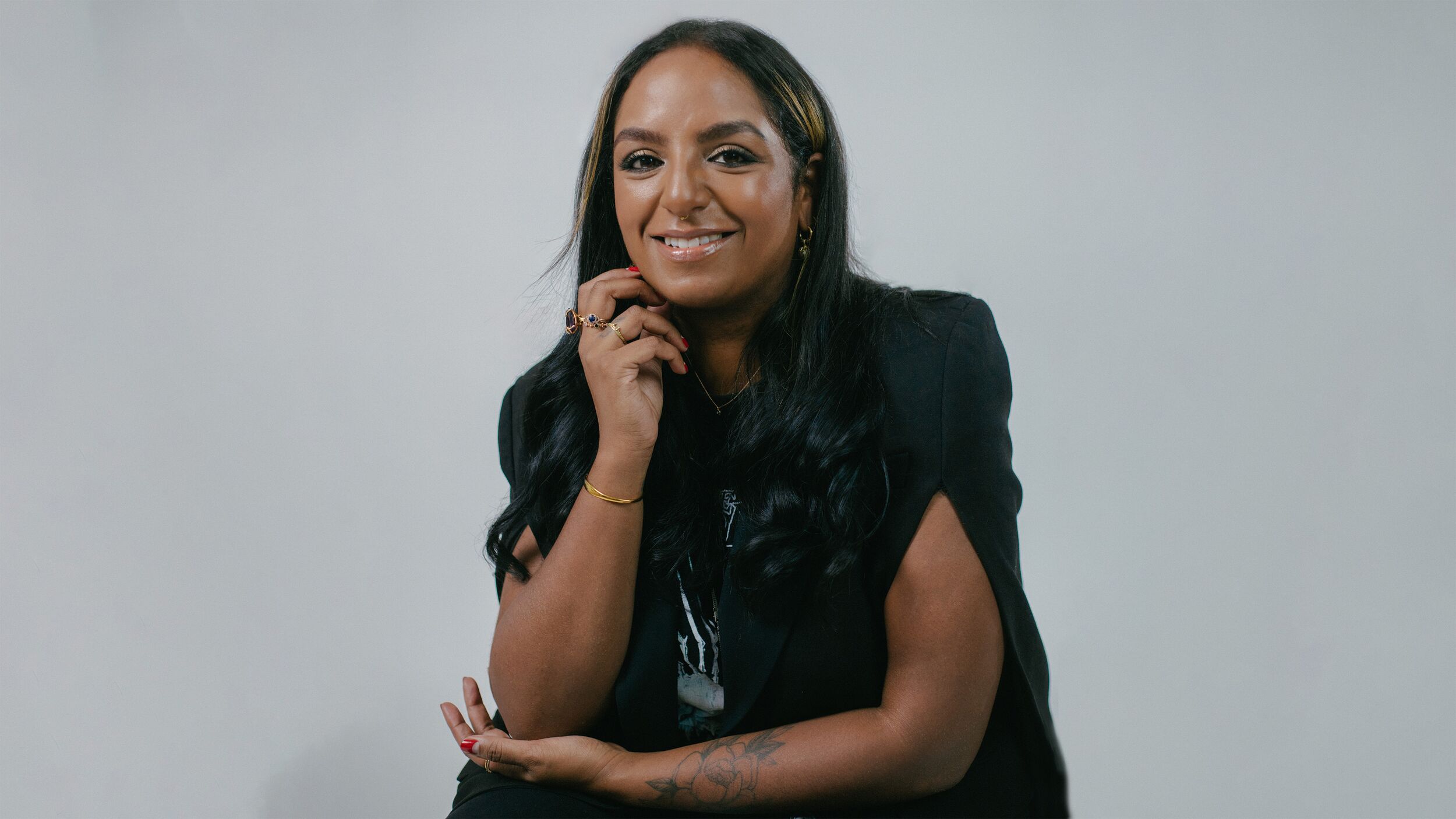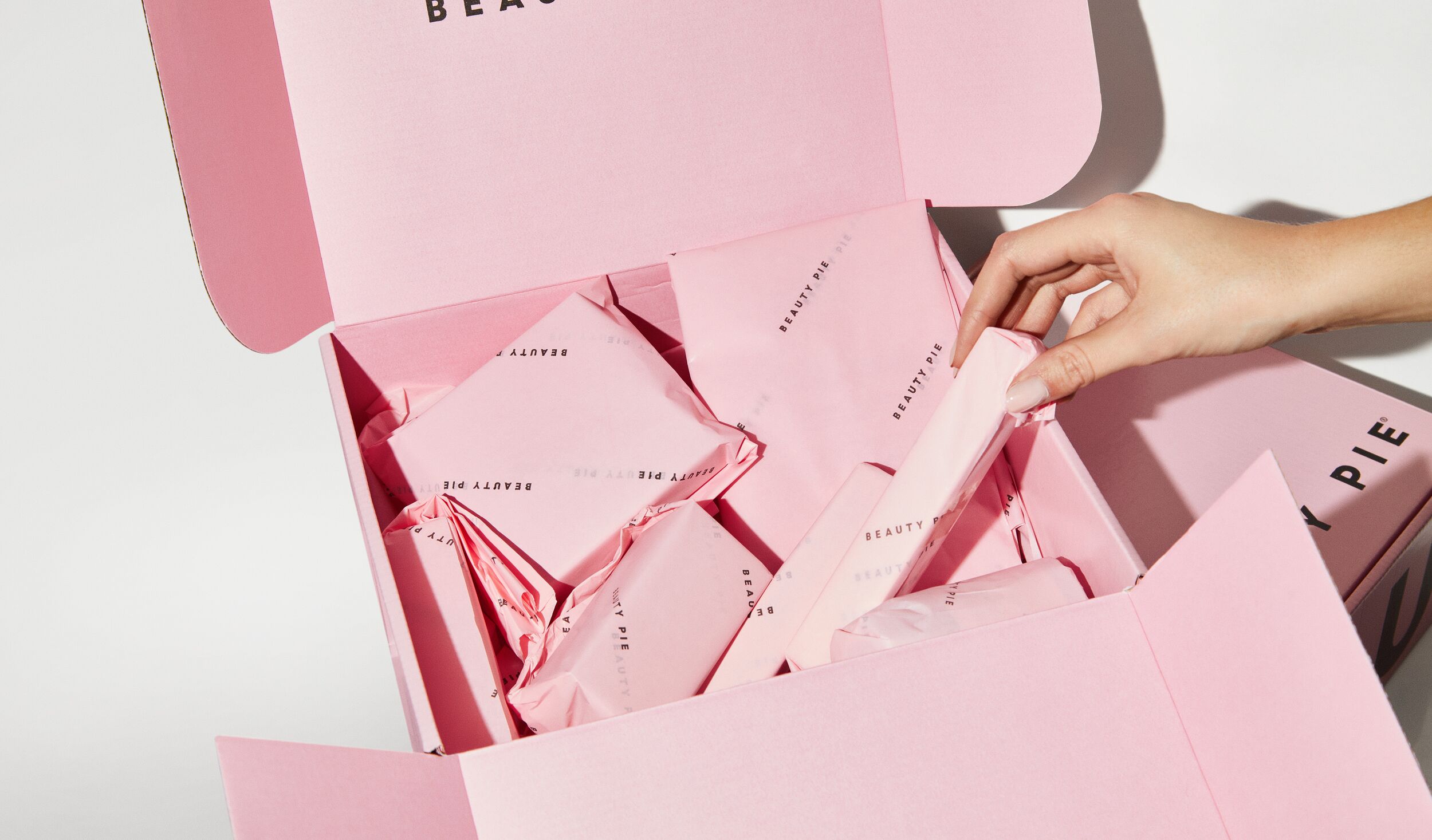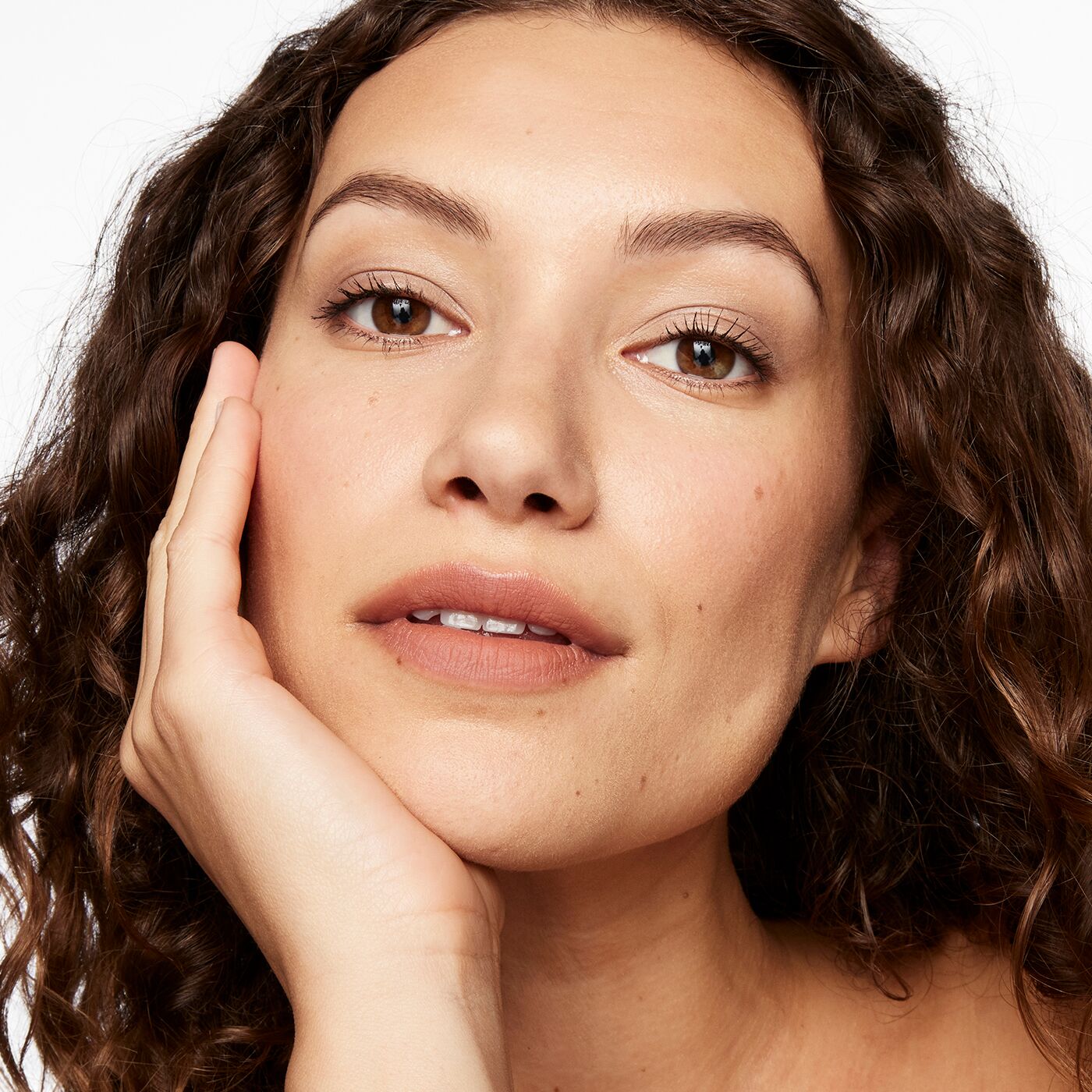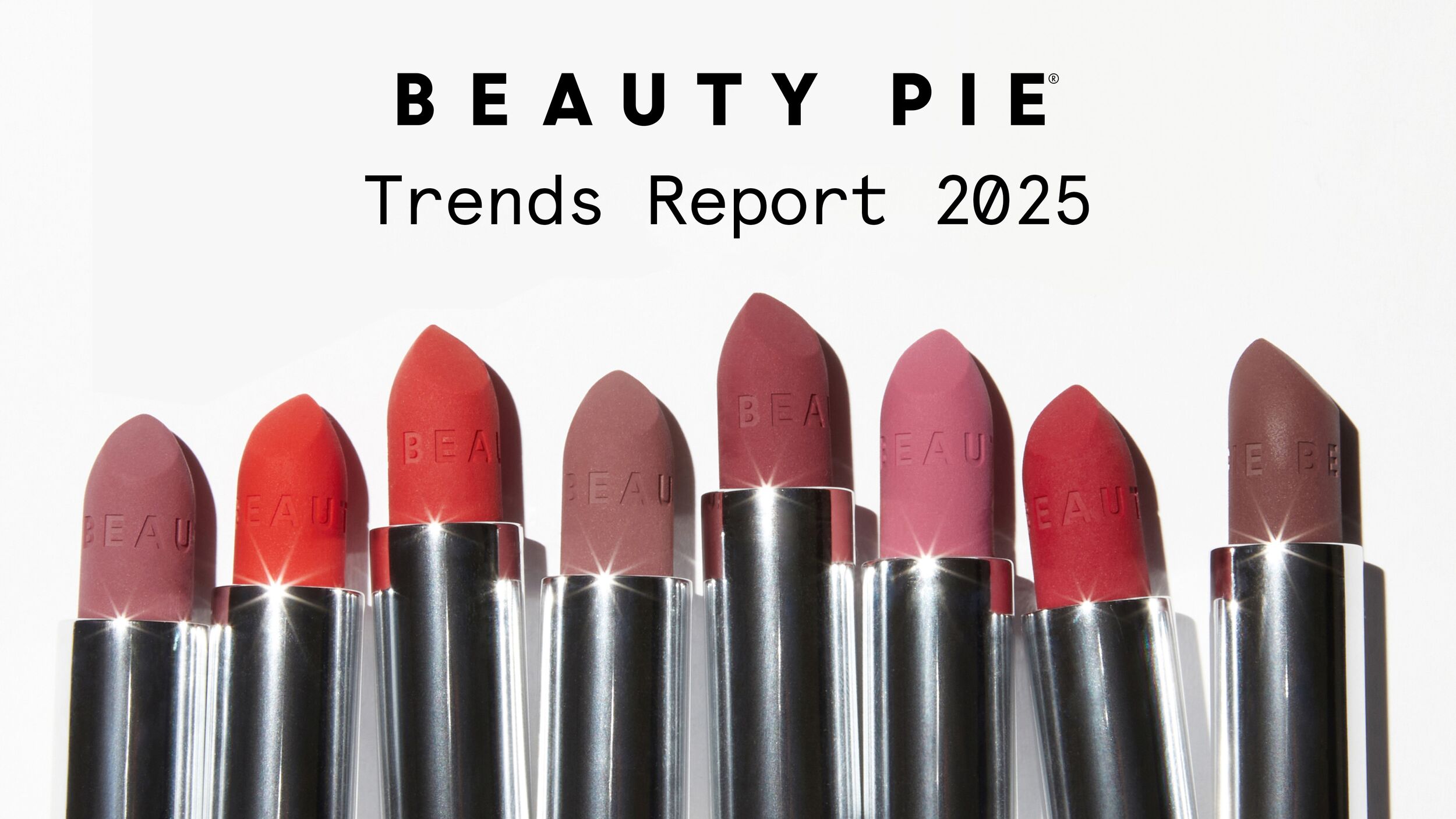
Anita Bhagwandas is an award-winning journalist who explores beauty culture and questions the power that pretty privilege, exploring the topic in her book UGLY: Giving Us Back Our Beauty Standards. which was serialised by The Guardian and Independent and featured by Vogue, Elle and many more. Here, Beaty Pie Editorial Director Nicola Moulton catches up with Anita on what it means to be and feel beautiful...
What ignited your interest in beauty standards?
I spent so much of my early life trying to fit into beauty standards. Growing up in the nineties, the beauty standard was set by magazines and adverts always had thin white models lauded as the only way to be beautiful, with blue eyes and long straight hair. This ‘eurocentric’ beauty ideal was forced on everyone, no matter how they looked and I couldn't have been further away from it. I had dark skin, frizzy hair and was plus size; everything around me told me I wasn’t good enough and made me feel ugly in every sense.
That led me to become obsessed with beauty advice, and I placed so much hope on beauty products, spending all my money on them. I always wanted the newest thing that could ‘fix’ my appearance, and I was hooked on the idea that it was this one eyeshadow or hair straightener that would make me finally feel pretty. That fixation eventually - many years later - led me to becoming a beauty editor.
You've talked about being a beauty editor and yet feeling somewhat outside the industry. Why was that, and how did it feel?
Once I did finally get my first beauty journalism role, in the back of my mind I thought: ‘I'm not beautiful, but now I work in the industry it might rub off on me somehow’. What I hadn’t realised is that I’d literally stepped into the pages of the magazines that had caused me to feel ugly in the first place. There were very few people of colour working on women's magazines, barely any beauty journalists of colour either and certainly very little racial diversity in the pages either. I’d often attend launches without shades for my skin tone and have to swatch pale biscuity shades as a standard.
As I worked my way up the ladder, using my voice more and more, I’ve sort of made being the outsider my calling card. Not being part of the in crowd backstage at fashion weeks allowed me to slope off and get amazing interviews and insights that nobody else had, or think about things in a different way because of my background. I see it as a gift to be different these days - I just wish I’d known that from the start.
Ugly is something we’ve all felt in some way, which is really sad, especially when it becomes part of your core beliefs about yourself.
Why do you think 'ugly' is such an emotive word?
Ugly is something we’ve all felt in some way, which is really sad, especially when it becomes part of your core beliefs about yourself. It’s so emotive - particularly for women - as traditionally our value has come from our appearance, whilst men’s has come from their status and power.
That might seem deeply archaic, but it still plays out today - just look at how an older man might be labelled a silver fox, and yet there isn’t an equivalent for a woman. That’s why words relating to appearance like ugly and the ones that are adjacent, like old, fat, dark, undateable for example, are invariably used when trolling women - they’re designed to wound.
Ugly is also an emotive word because of what it represents; there’s a lot of fascinating geeky stuff about this in the book, but the word ugly is derived from the concept of fear, which was traditionally linked to anything society saw as an other; including people of colour, disabled people and anyone who looked ‘different.’ To be ugly means we’ll be ostracised; and it affects so much of our life without us even realising it.
Your book describes how "on most days, it can be hard to feel beautiful". What strategies have you found to overcome this?
I hate that it’s hard for us to feel beautiful, and it feels like a massive injustice that people - women in particular - are made to feel like they’ll never be pretty enough. I think it's crucial than in order to reclaim our self worth and self esteem, we have to set our own beauty standards, particularly when it comes to ageing.
So the biggest piece of advice I have for this, is to create your own ‘ageing plan’ where you sit down with a piece of paper and decide how you want to age. What are your thoughts on cosmetic surgery and procedures like ‘tweakments’? Do you want that? Can you afford it? Or, would you rather spend that money on travel or experiences for example.
Having a ‘plan’ takes the pressure off us when we have a moment of feeling like we need to ‘fix’ ourselves somehow, and means that we can approach the rest of our lives in a happier, less anxious and more empowering place. If you want to read more about how to make your own, I’ve written about it here on my weekly email column, The Powder Room.
We have to set our own beauty standards, particularly when it comes to ageing.
Is it possible to reject conventional beauty ideals, and still enjoy beauty products?
The hack I use on a day to day is to approach my beauty routine with joy, rather than anxiety or lack. I apply concealer or base products because I like the dewiness, rather than to hide dark circles. I use products I like the smell of - even lipsticks - because that brings me joy. I seek out ornately packaged products because I love how they look. When we use beauty as a way of expressing ourselves rather than fixing ourselves, it becomes a much healthier experience.
Do you still feel positive about what the beauty world can achieve?
Absolutely, as long as we use beauty for self expression, play, fun and joy then that’s great. But when it crosses over into negativity and ‘anxiety’ that’s the problem. And I think talking about the industry and being more critical of it is a way to get it to do better by us too.
'Ugly: Why the world became beauty-obsessed and how to break free' is out now (Blink.)


